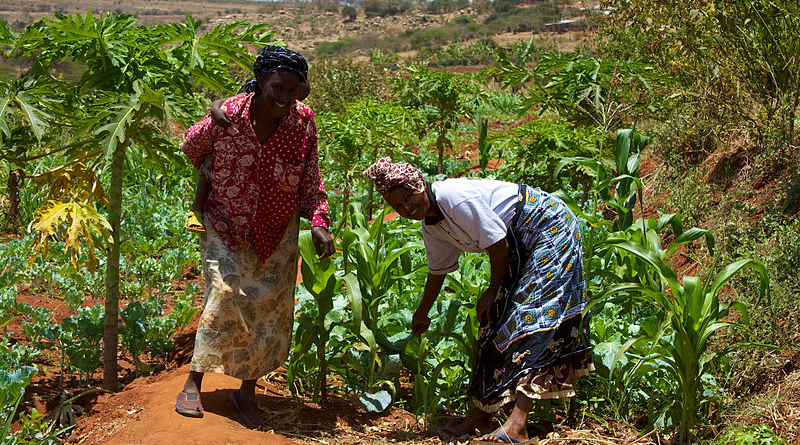Reducing Scope 3 Emissions in Food Value Chains: A Call to Action
The recent UN Climate Change Conference in Egypt (COP27) highlighted the need to overhaul global food systems to make them more sustainable. The Food Systems, Land Use and Restoration Impact Program (FOLUR) session focused on the Scope 3 emissions of three commodities: beef, palm oil, and soy. These three commodities account for 26% of global tree cover loss between 2001 and 2015.
90% of a food and beverage company’s emissions fall under Scope 3, making them an enormous challenge to reduce but a massive opportunity for mitigation as well. The challenge lies in accurately measuring the climate impact of the smaller producers upon which big companies often rely. For example, almost half of the global supply of palm oil comes from smallholders, yet less than a quarter of palm oil companies are reporting on Scope 3 emissions.
The panelists discussed the need for public-private cost sharing, encouraging companies to develop collaborative “pre-competitive” relationships, and channeling these efforts toward improving financial incentives for smallholder farmers and small and medium-sized enterprises (SMEs). Carbon credits can also have an impact in the future, providing up to 30 percent of gross annual income for smallholders who do not have a lot of land.
Overall, the panelists highlighted the need for large solutions to reduce Scope 3 emissions in food value chains. With governments directing only around 3 to 5 percent of agricultural price supports and subsidies towards incentives that finance positive environmental change, it is clear that more needs to be done to make global food systems more sustainable.


This is an important topic. I’m glad to see the panelists discussing the need for public-private cost sharing and encouraging companies to develop pre-competitive relationships. I’m a researcher in this field and I’ve seen first hand how these efforts can help reduce Scope 3 emissions.
I agree with the panelists that more needs to be done to make global food systems more sustanable. Could the author explain more about the role of carbon credits in helping smallholders? It seems like a great oppurtunity to help those who don’t have alot of land. Thnx!
This is a great article! I’m glad to see companies are taking steps to reduce Scope 3 emissions. I work for a food and beverage company and we have been taking measures to reduce our emissions for the past few years. It’s a long process but it’s worth it.